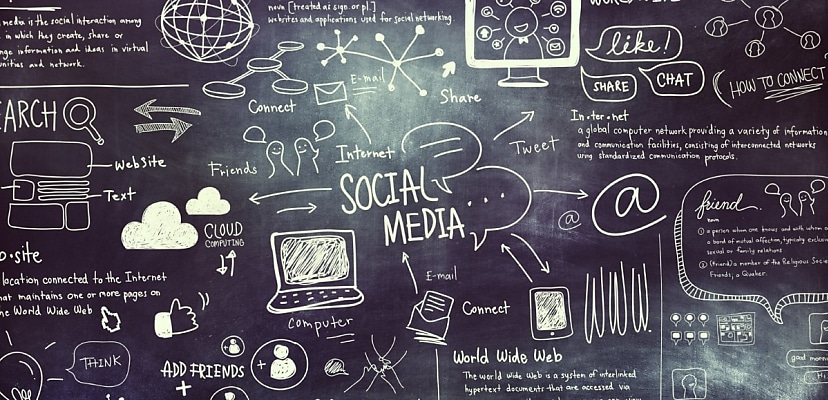Share this article on:
Powered by MOMENTUMMEDIA
Breaking news and updates daily.
Locking kids under 16 out of social media will deny them important connections and a political voice.

There are a lot of reasons to be suspicious, or even downright disagree with, the Labor government’s proposed legislation to restrict children under the age of 16 from accessing social media.
For one thing, the ban does nothing to change the behaviour and algorithms used by social media companies or task them to take responsibility for the content shared and the harmful actions of their users.
That’s independent MP Zoe Daniel’s concern. She said today that the legislation “doesn’t substantively change what the platforms need to be doing on their platforms, and there may be an unintended consequence that the platforms actually become less safe”.
“If you were to create a system where the platforms have to take responsibility, mitigate risk and be transparent about how they’re doing that and what tools they’re using, then that sort of provides – potentially – an environment where everyone can be in a safe space”.
Fellow independent, Senator David Pocock, is similarly concerned, but in his case, over the government’s plan to rush the legislation through Parliament.
“We’ve got to be looking at the details of how this is going to work, what will it mean?” Pocock asked during a radio interview today.
Other senators, from both major parties, have voiced similar concerns and would like to see the legislation go before a senate inquiry so it can be properly scrutinised – after all, it is a complex piece of legislation that could impact every Australian if social media users are required to go through age verification, which is a very real possibility.
Senator Matt Canavan of the Nationals puts it succinctly.
“Absolutely, there should be a Senate inquiry,” Canavan told The Guardian Australia.
“There are grave risks this legislation locks adult Australians out of communication on social media, and potentially goes way too far on young people. The detail will be crucial, which we haven’t seen.”
Canavan also compared the ban to “the modern equivalent of banning children from libraries because [there are] a few books not suitable for children”.
All of these are valid concerns, which I share, but the thing that concerns me is how it will also lock young people out of politics.
Whitney Houston was right
There’s no denying that a lot of politics plays out on social media. Politicians of every stripe engage with their constituents on a range of platforms, from TikTok to Instagram, and political discussions play out on platforms like X and Blue Sky.
We know that kids under 16, despite not yet being of voting age, are still capable of being intensely political, and they have every right to be. After all, they will one day be voters, and they’re very aware that the political outcomes – or failures – of today will have a far greater impact on them than the current political ruling class.
According to a 2004 Australian Electoral Commission survey of Australian students (which, admittedly, focused on senior high school students but is still likely indicative of older children under 16), teenagers are intensely political even before they get old enough to vote.
The majority have every intention to vote when they turn 18 and are certainly well on their way to forming their political identity. They’re also already active, with more than half of those surveyed signing petitions, and almost a quarter active in collecting signatures for those petitions. I would wager those numbers are even higher today, and social media is a key tool for sharing such activism.
A significant number of teenagers engage in rallies and other forms of protest, and, again, social media is a key driver in students of all ages being able to organise and have their voices heard.
Take climate change, for instance, and the case of teenage activist Greta Thunberg. Her protests sparked a global movement among students concerned about the world they would grow up to inherit, and this mass activism led to Thunberg addressing the United Nations and her climate activism making front pages and news bulletins around the world.
Thunberg began sharing her school strikes, via Instagram and Twitter, when she was 15 years old.
Without access to social media, such global, groundswell movements would be much harder to generate – and those movements matter and can have real, positive political impact. The gun debate in the United States is another example, with teenagers of all ages taking part in a nationwide school walkout in 2018 to protest against gun violence in schools.
I honestly believe our polity will be worse off without young teens being able to discover – and participate in – the political discourse of the day. Removing access to social media will take away young Australians’ most important modern tools for engaging in politics.

David Hollingworth has been writing about technology for over 20 years, and has worked for a range of print and online titles in his career. He is enjoying getting to grips with cyber security, especially when it lets him talk about Lego.
Be the first to hear the latest developments in the cyber industry.